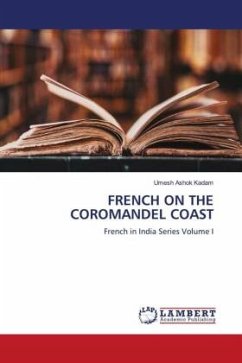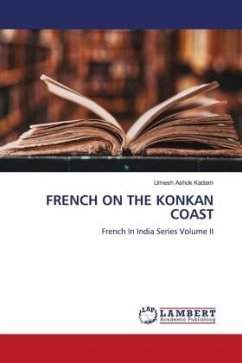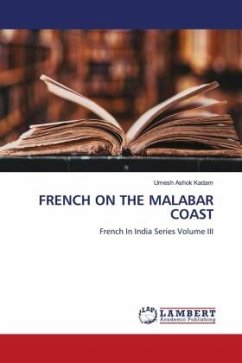The 17th & 18th centuries witnessed a period of mercantilism, saw the various interlopers of the European Companies taking part in the profitable Asiatic trade and gradually participated in creating trading posts in India in which the Western and Eastern Coasts of Deccan virtually became the nodal points for trade, commerce and investments in the world trade. Deccan was transforming into an inclusive economy, creating different, fairly open, assimilating, cosmopolitan cultures and communities. Gradually, during the eighteenth century, it also found an outlet in banking, which grew increasingly important in sustaining the new "mercantilist" indigenous states: the Marathas, Tanjore, Mysore, Hyderabad, Arcot, et al. Deccan became that part of the structure in which the survival of trade depended. France, primarily a trading nation, latter turned to carve out colonies for itself, at a juncture when the total political condition in India was on the verge of chaos, under such circumstances France was trying to establish her lost glory and at least regain an equal footing with her European competitor, England. This series attempts to provide a glimpse of this untraversed period.
Bitte wählen Sie Ihr Anliegen aus.
Rechnungen
Retourenschein anfordern
Bestellstatus
Storno








